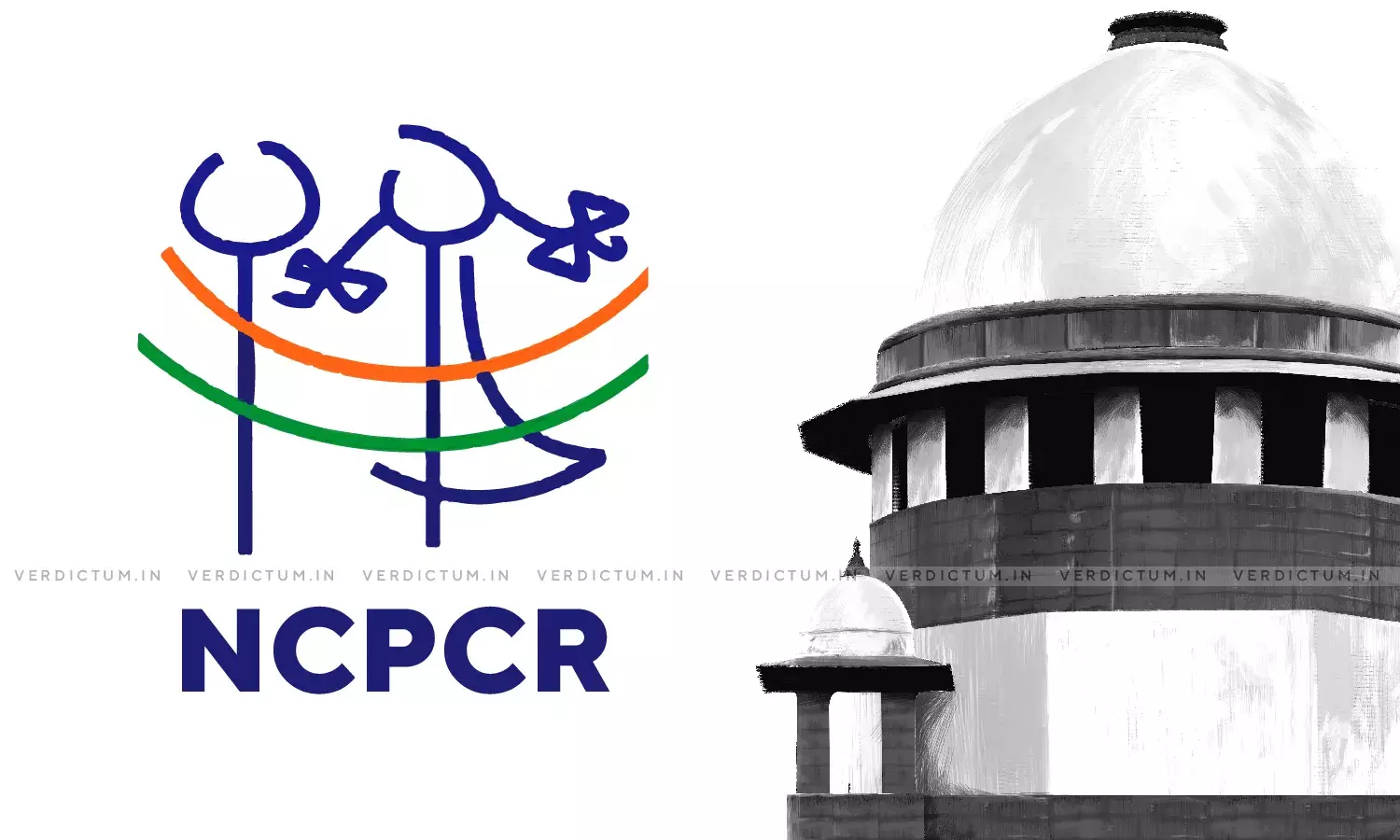Supreme Court Asks NCPCR To Involve NGOs For Identifying Children In Street Situations

The Supreme Court on Monday asked the National Commission for Protection of Child Rights (NCPCR) to involve NGOs and individuals working in the field of child rights in identifying children in street situations.
A Bench comprising Justice L Nageswara Rao and Justice B R Gavai said that it has been monitoring this for almost one and a half years but the progress has not been satisfactory. We are still at the identification stage, we are not moving forward, the Bench said.
At the outset, Senior Advocate Salman Khurshid, appearing for one of the intervenors, urged the Court to involve civil society in the identification of children in street situations. He submitted that the Juvenile Justice Act, 2005 casts a duty on the NGOs to be involved in the procedure concerning children in need of care.
The Bench said that the NCPCR should take the help of individuals or organisations keen to extend assistance in identifying the children. The government cannot do whatever it has to under the statute and if there is somebody who wants to come forward to help the cause, you should associate them
"There are organisations and individuals who have been spending all their time on this. You should actively associate with them", the Bench said. Additional Solicitor General K M Nataraj, appearing on behalf of NCPCR, informed the Apex Court that they are considering seeking help from law schools in identifying children in street situations.
The Court had earlier directed states and Union Territories to link the children orphaned due to the COVID-19 pandemic and their family members to various welfare schemes. The Court had taken suo motu cognisance concerning Children in Street Situations (CISS) who have lost their parents to Covid- 19.
The Court had earlier directed that the testimonies of children, who are victims of child trafficking, be recorded through video conference either at the district court complex or the office of the District Legal Services Authority in the district where the child is residing. It had said it was concerned with obviating difficulties to the victims of trafficking concerning travelling long distances to give evidence in trial courts.
With PTI inputs

